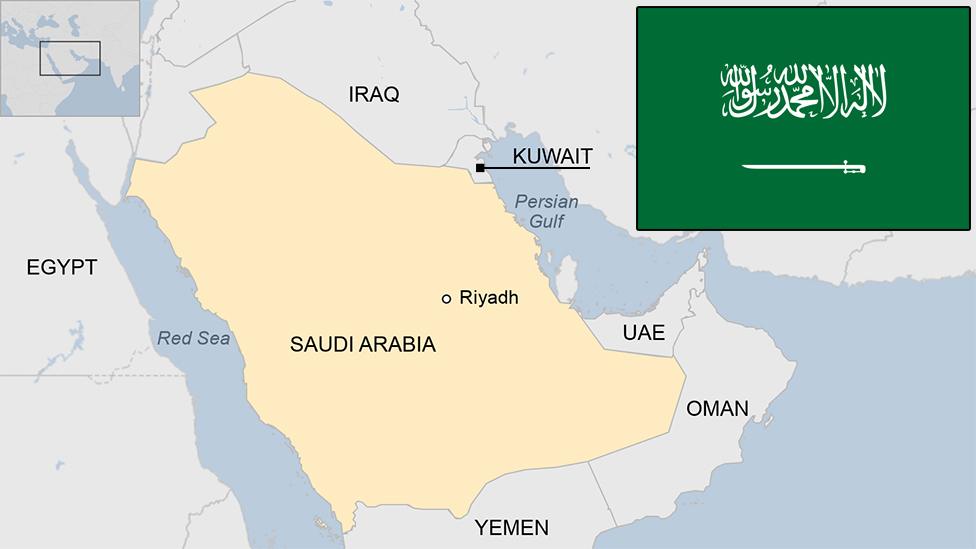Reporting Saudi Arabia's hidden uprising
- Published
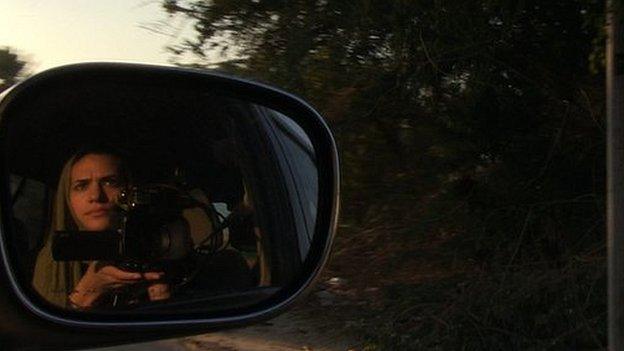
In Saudi Arabia's oil-rich Eastern Province, protesters inspired by the Arab Spring have been venting their anger against the government for the last three years. Saudi journalist Safa Alahmad got unprecedented access to the area.
Even inside Saudi Arabia, the protests in the coastal region of Qatif hardly ever make the news. It's nearly impossible for journalists to operate here.
But I travelled in under the radar. I know the area well, as I was born and raised nearby.
I visited the Eastern Province several times in the past two years without the knowledge of the Saudi authorities.
I wanted to find out why activists from the country's Shia minority were risking their lives to demonstrate against the monarchy.
How had frequent protests rumbled on without being silenced?
Emboldened
The Eastern Province is home to most of Saudi Arabia's Shia Muslims. They make up less than 15% of the population, and many claim they suffer sectarian discrimination. The demonstrations in Saudi Arabia began in early 2011, when protesters demanded the release of nine men held for years without trial.
They were emboldened by the Arab uprisings sweeping through the region. But in this conservative monarchy, dissent is rarely tolerated.
Over the past three years of protests 20 young men have been killed, and hundreds more have been injured or jailed.
The reporting was riddled with challenges.
I may be Saudi, but it was still very difficult for me to move around with a camera and I risked arrest.
Protesters throw Molotov cocktails
And as a woman, your appearance alone is enough to get you in trouble.
I was shouted at by a man from the notorious religious police - the Organisation for the Prevention of Vice and the Promotion of Virtue - who claimed my abaya (woman's robe) was not fastened properly.
Drivers, often immigrants from outside Saudi Arabia, were deeply suspicious of me.
I relied partly on rare footage handed to me by activists, which shows how this conflict has developed.
Provocative acts
The protesters have meticulously documented their actions in an effort to get their message out.
They have also engaged in highly provocative acts against the state, such as ripping and burning a poster showing the king's face - an act that would be unthinkable to many Saudis.
I met dozens of protesters in secret gatherings. It became clear there were no unified demands, but all wanted to see sweeping reforms.
Though Qatif is oil-rich, Shia activists say its residents have long been marginalised politically and economically.
One morning in February last year I got a message that security forces had raided the houses of two wanted activists, Fadhil al-Safwani and Morsi al-Ribh, in the flashpoint town of Awamiya, but they had managed to escape.
Awamiya was encircled with checkpoints, but I managed to sneak in with a camera. Neither activist had risked speaking to the media before, but now they were determined to tell their story.
Activists describe police raid
"They treated us like terrorists. It's very clear they meant to kill," said Mr Safwani.
"You are now standing on top of oilfields that feed the whole world. But we see nothing of it. Poverty, hunger, no honour, no political freedom, we have nothing. What is left? And after all this, they attack us and try to kill us."
For over a year, the BBC put in requests for interviews and comments on the situation to the Saudi government. There was no response.
In the months between my trips, I scrutinised the hours of footage that had been given to me. In one clip I was surprised to see an activist shooting at police with a handgun.
The demonstrators had always denied government accusations that they were using weapons in their protests.
I asked one of the leading activists whether weapons were used. "Of course if the Saudi security forces attack any home, we find it acceptable to use any form of self-defence," he responded.
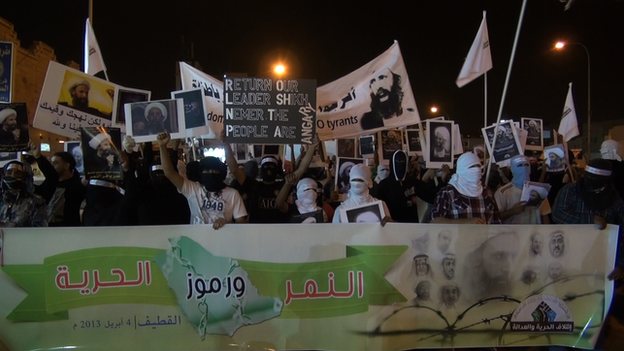
Late last year I discovered that Morsi al-Ribh, the activist who had opened up to me on my first visit, had been killed.
His friends say that he was shot dead by police as he prepared for a religious festival on the streets of Awamiya. Then earlier this year, two policemen were killed.
The security forces and the protesters had become locked in a violent confrontation. Qatif was a militarised zone, surrounded by checkpoints and armoured vehicles.
It soon became too risky for me to continue investigating this story, and I had to leave my country.
The people around me had become consumed with fear and paranoia, and dissent had been pushed underground again.
Watch Our World: Saudi's Secret Uprising this weekend on BBC World News, and at 21:30 BST on Saturday and Sunday on the BBC News Channel
- Published21 October 2013
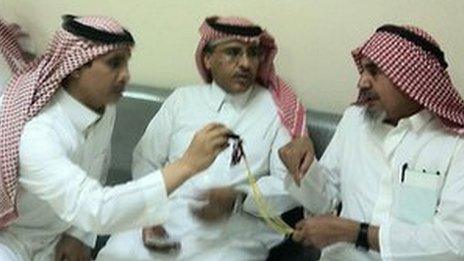
- Published28 September 2013
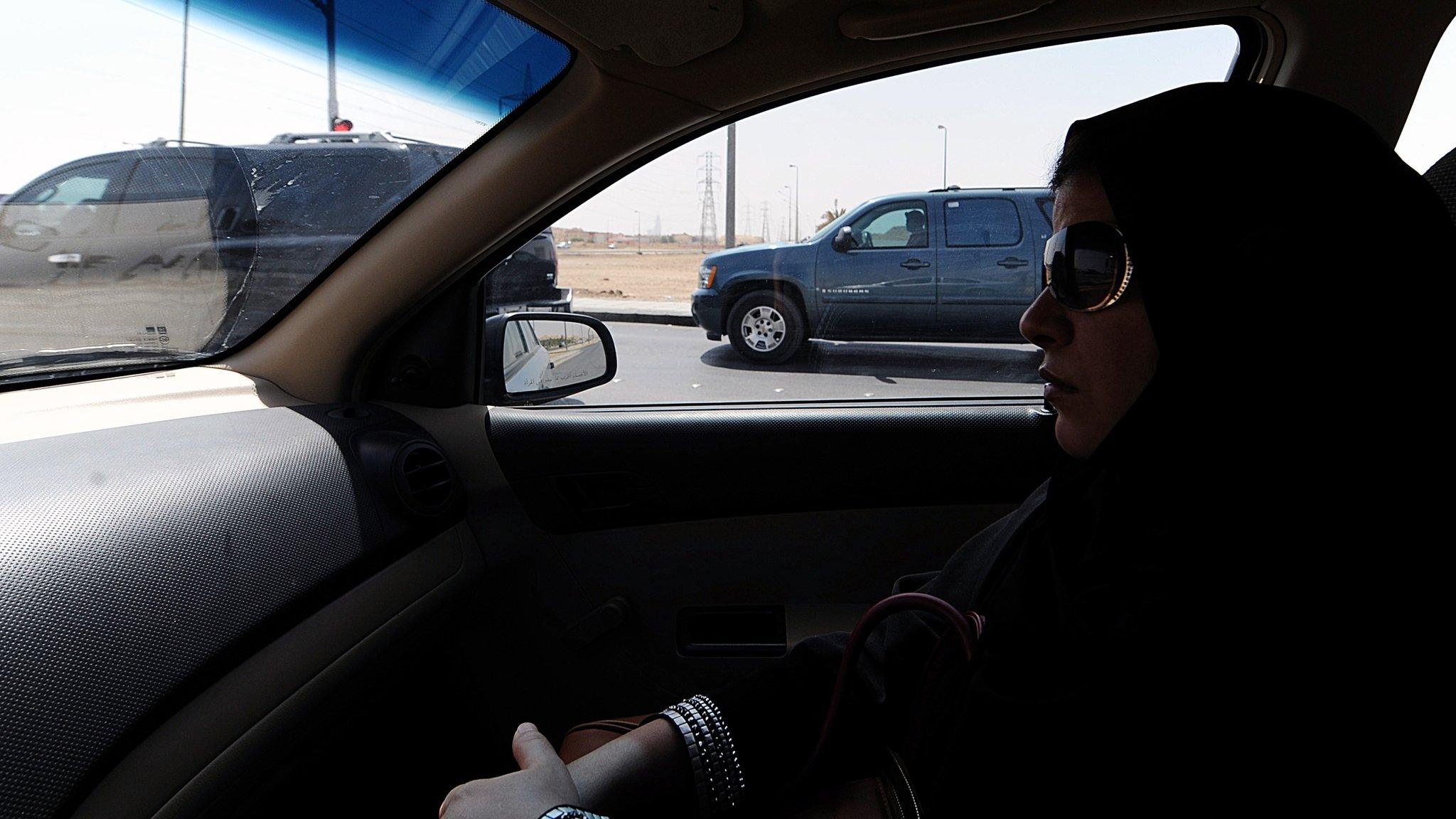
- Published7 April 2013
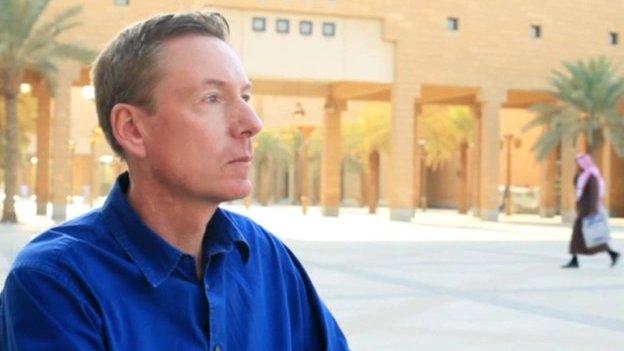
- Published28 May 2014
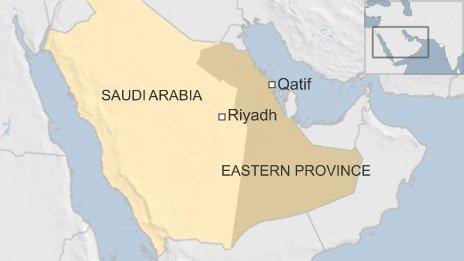
- Published29 August 2023
